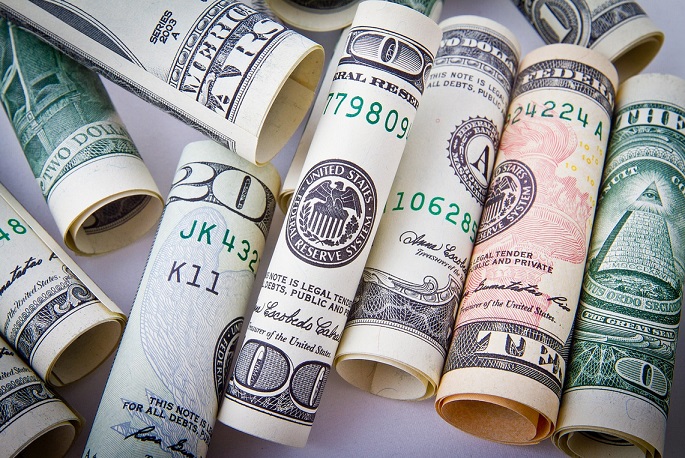
Foreign exchange (forex) markets, often known as currency markets, are international marketplaces where people organisations and governments can purchase and sell various currencies. The exchange rate between two currencies determines a currency’s worth. The US dollar, the Euro, the Japanese Yen, the British Pound and the Swiss Franc are the five most actively traded currencies in the world.
Because there is no central exchange for trading on the currency market, it is not restricted to a specific area. Instead, the exchange of currencies is conducted through a network of banks, financial institutions and other merchants linked by electronic platform and network. The market is accessible to merchants from all around the world because it is open continuously five days a week.
With an average daily trading volume of $5 trillion, the foreign exchange market is the largest and most liquid financial market in the world. The market is a desirable alternative for traders, investors and financial institutions due to its size and liquidity.
Investors and hedgers are the two primary types of currency market participants. While hedgers use the market to control the currency risk involved in other financial transactions, investors seek to profit from change in currency price.
Numerous factors including political development, economic indicator and central bank action can have an impact on the currency market. A central bank’s interest rate or other policies, for instance could change which could cause changes in the value of the currency it regulates. Additionally, economic metrics like the GDP and the unemployment rate might have an impact on the market.
Currency trading can be risky due to the complexity of the market therefore in order to make wise investment selections, investors should have a solid understanding of the currency markets, the economy and the variables that influence currency values.









